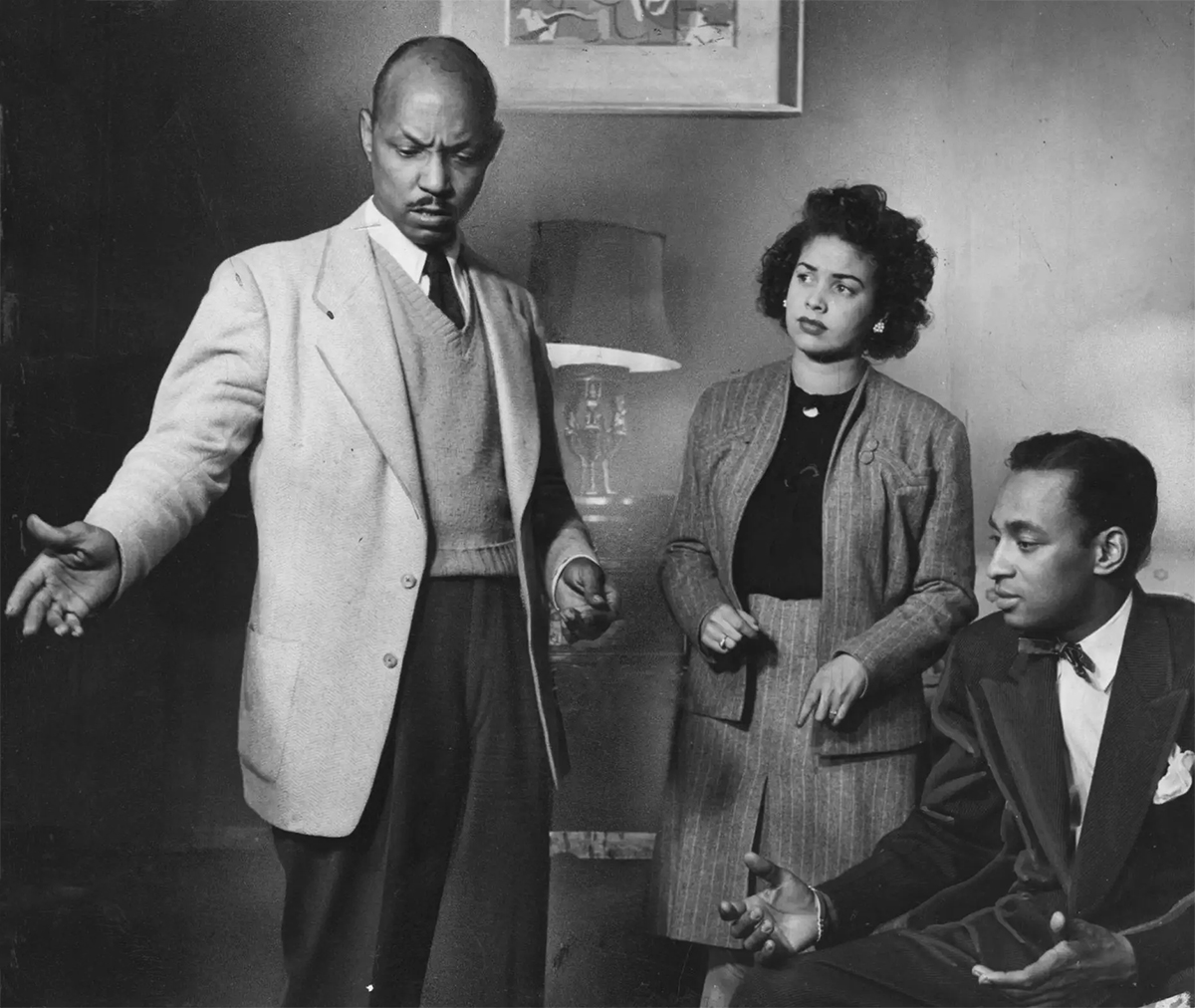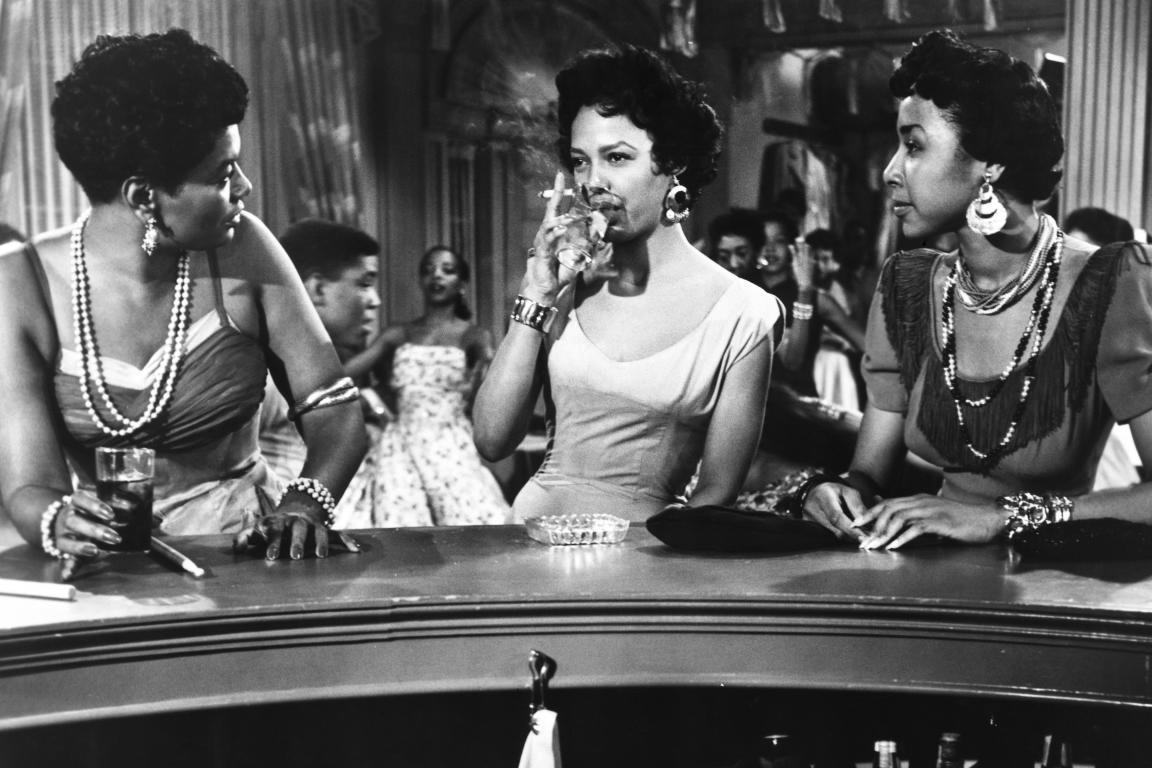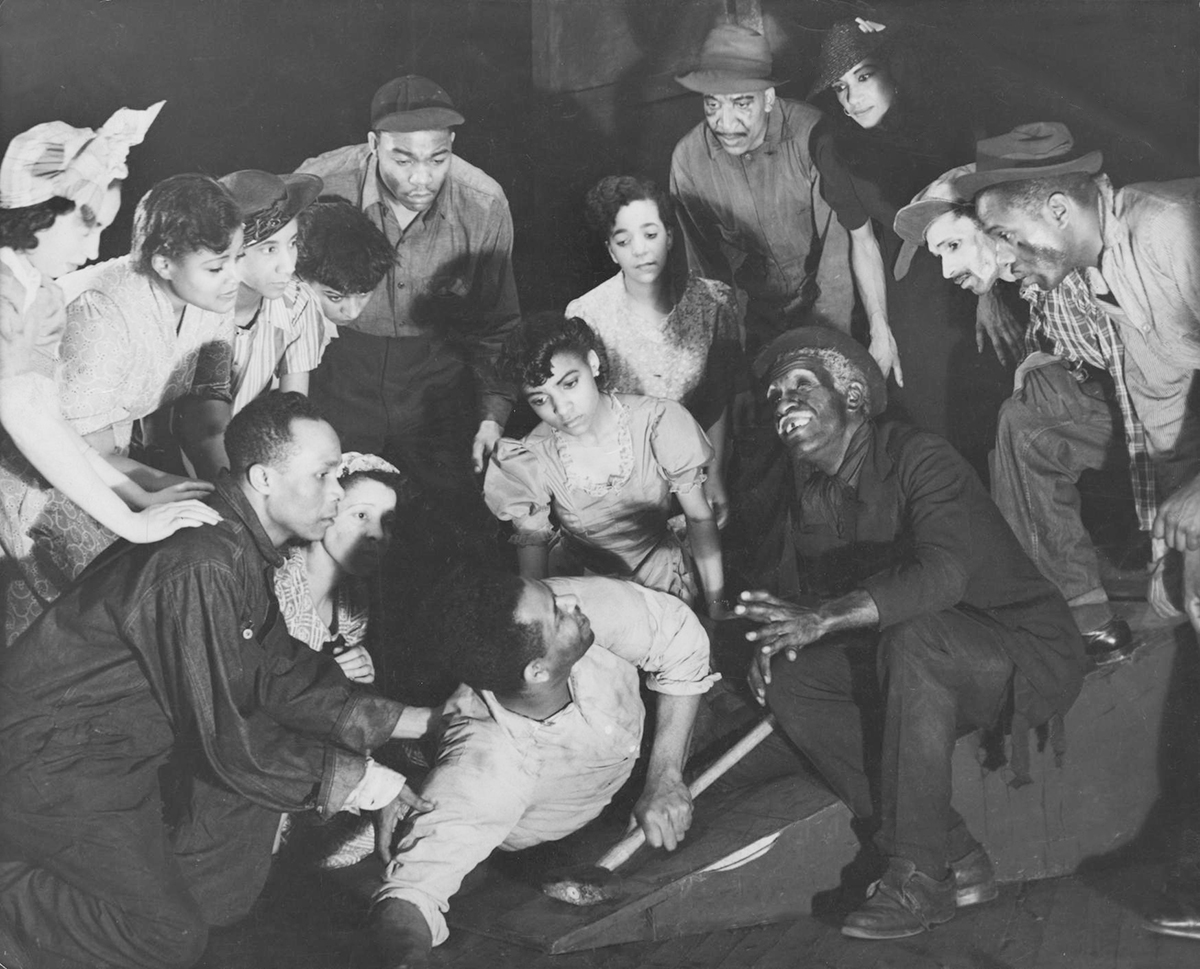The American Negro Theatre (ANT) was a groundbreaking theater company that played a significant role in the African American artistic and cultural movement during the 1940s. It was founded in 1940 by Frederick O’Neal, Abram Hill, and other black theater artists, writers, and activists in Harlem, New York City.
The theater aimed to provide a platform for African American actors, playwrights, and directors who were often marginalized and excluded from mainstream theater during that era of racial segregation and discrimination. ANT’s mission was to challenge racial stereotypes, address social issues, and showcase the talents of African American performers.

One of the most notable productions of the American Negro Theatre was the play “Anna Lucasta” by Philip Yordan, which premiered in 1944 and became a great success. The production ran for over two years and helped to raise the profile of the theater company and its members.
Throughout its existence, ANT produced a variety of plays, including classic dramas, original works, and adaptations of African American literature. The theater served as a launching pad for numerous talented actors and actresses who went on to have successful careers in both stage and film, such as Sidney Poitier, Ruby Dee, Harry Belafonte, and Ossie Davis.

The American Negro Theatre’s impact extended beyond its productions. It played a crucial role in fostering community engagement, building connections between artists, and providing a supportive environment for African American artists to develop their craft. The theater also inspired the formation of other black theater companies and helped pave the way for the civil rights movement of the 1950s and 1960s.

While the American Negro Theatre eventually closed its doors in the late 1940s, its legacy has endured as a milestone in the history of African American theater and cultural expression, and it continues to be celebrated for its contributions to the advancement of African American artists in the performing arts.

